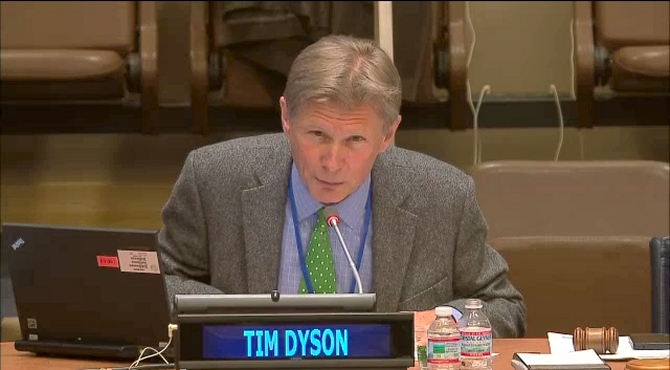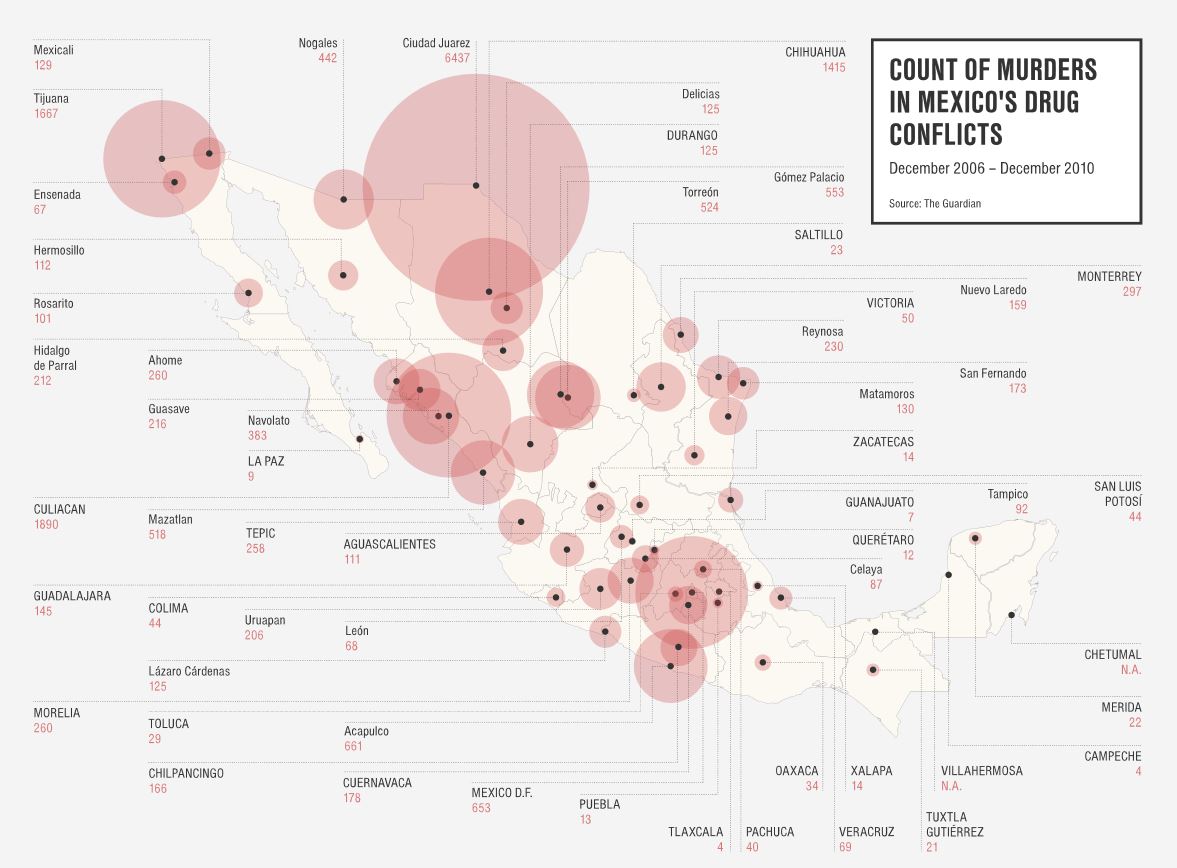The Global Gag Rule is a U.S. presidential memorandum that restricts foreign NGOs from using non-U.S. funds to talk about, provide, or refer an abortion service. It sets a dangerous precedent and allows U.S. foreign policy to dictate the life and wellbeing of people in the Global South. MSc students, Emma Anderson and Adrian Brillantes-Stepper explore the rule’s falsities and its harmful ramifications across the world.
On 26 January 2021, U.S. President Joe Biden repealed the controversial Global Gag Rule (GGR) previously reinstated by former President Donald Trump. The repealing of this presidential memorandum is the first step towards more relaxed global abortion policies adopted in other countries including Thailand, the South Korea, and Argentina. However, although the GGR repeal means funds will be more available for organizations who perform, advocate for, or educate people on safe and legal abortions, the effects of the GGR are deeply entrenched throughout the global health system especially in the Global South.
Introduced in 1984 by U.S. President Ronald Reagan, the GGR (also known as the Mexico City Policy) restricts U.S. foreign aid to any foreign non-governmental organization that uses non-U.S. funds to provide, refer, counsel, or advocate for access to safe and legal abortions in countries where the procedure is legal. Organizations that do not agree to the terms of this policy are no longer eligible for U.S. funds and must cease any programs being funded by the U.S. The GGR has been repealed and reinstated with every shifting administration between the Democratic and Republican parties in the U.S.
In 2017, the Trump administration rapidly expanded the GGR via presidential memorandum as part of the weaponization of U.S. foreign aid to systematically target, attack, and ultimately eradicate global sexual and reproductive health and rights programming. The Trump-era iteration of the GGR covered work unrelated to abortion, such as HIV/AIDS, malaria, tuberculosis, and other infectious diseases. This is particularly damaging considering that the U.S. government funds almost 50% of HIV/AIDS treatment and advocacy around the world.
The GGR has disastrous implications for everyone around the world, but especially those seeking to access life-saving medical care which includes abortion. As it stands, 25 million unsafe abortions are performed every year, 97% of which are performed in the developing world. Studies have shown that the GGR has actually contributed to this high number of unsafe abortions rather than preventing abortions outright.
There is no evidence that the GGR has reduced maternal mortality or increased contraception use. In fact, it has been shown that restricting access to abortion leads to a sharp uptick in the occurrence of unsafe abortions, an increase in maternal death and an erosion of public health principles such as doctor-patient confidentiality and informed consent. An article published in The Lancet in 2019 found that in 26 sub-Saharan African countries, abortion rates increased by 40% between 1995 and 2014. Further, the authors found a 13.5% reduction in use of modern contraceptives in the same time period.
The GGR also hinders advocacy efforts for safe abortions and contraceptives in countries where the practice isn’t legal. In Peru, the withdrawal of advocacy efforts due to the GGR allowed for conservative groups to come to power and forced USAID/Peru to withdraw emergency contraceptive services in the country. And in Poland, local civil society and advocacy groups face extreme repression for advocating against abortion restrictions. Aborcyjny Dream Team, who have helped more than 5,000 people in Poland access abortion resources in the last year, have reported being raided and followed by the police.
The U.S. is drastically out of step with the rest of the world in terms of restricting access to abortions. In 2018, one year after Trump’s reinstatement of GGR, Ireland moved to reduce its near total ban on abortions. In the same year the Democratic Republic of Congo adopted the Maputo Protocol which expanded abortion access for pregnancies up to 14 weeks. In 2019, Rwandan President Paul Kagame pardoned 367 women imprisoned for abortion. And just recently, Argentina lifted its extremely strict total abortion ban.
The critical need for safe and legal abortion has been recognized in international and regional human rights norms and laws, including in the 2011 Maputo Protocol and the 2011 report from the UN Special Rapporteur on health calling on states to decriminalize abortion. The World Health Organization also actively recognizes unsafe abortion as an extreme risk to the health and life of people receiving abortions.
Recent polling (2020) commissioned by Planned Parenthood found that 58% of Americans oppose the 2017 reinstatement of the GGR. However, in order to cement Biden’s repeal of this draconian memorandum, the U.S. Congress has to pass the Global HER Act. This piece of legislation would permanently repeal the GGR and ensure that safe abortions in the Global South will not be restricted at the whim of any one U.S. President.
In the words of Polish abortion activist Natalia Broniarczyk, “abortion is older than any law” and it will persistently outlive any law that tries to stifle its presence. It is merely a matter of whether or not people seeking and receiving abortions can do so safely and equitably. The U.S. has no place in determining how foreign non-governmental organizations spend their non-U.S. funds, nor should any U.S. president determine how people in the Global South manage their health and safety.
The views expressed in this post are those of the author and in no way reflect those of the International Development LSE blog or the London School of Economics and Political Science.





